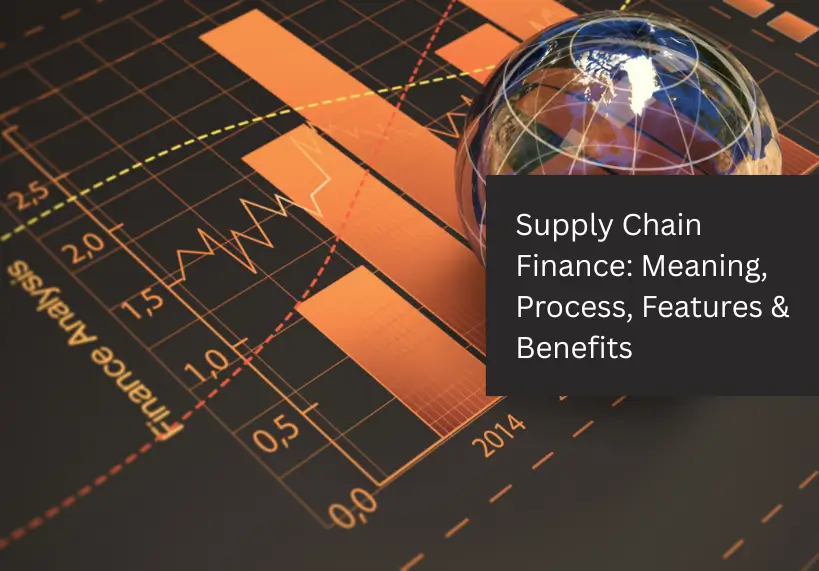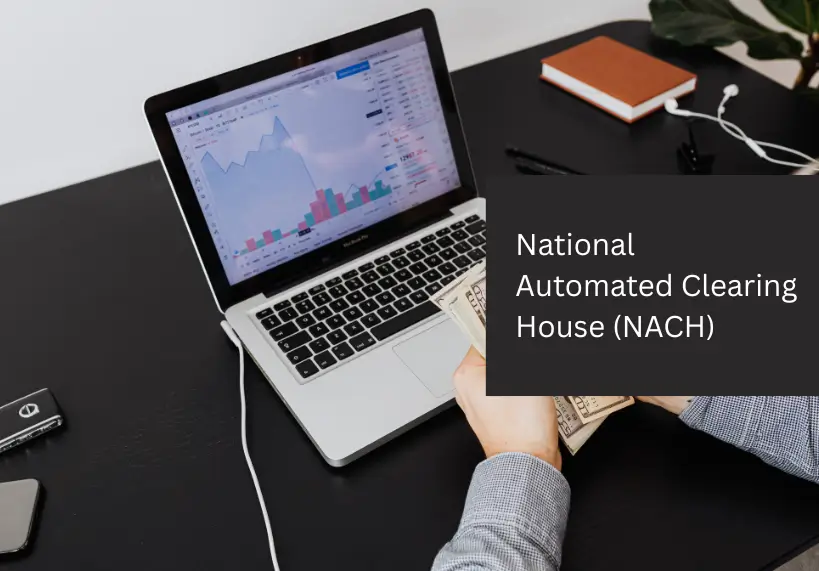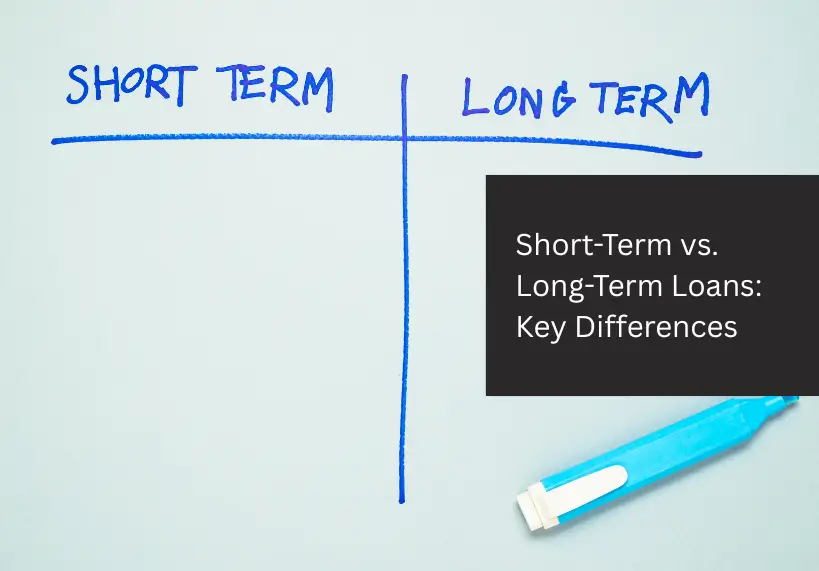
In today’s fast-changing business world, companies of all sizes struggle to manage cash flow, control costs, and keep their supply chains running smoothly. Late payments, rising expenses, and unpredictable market conditions often put extra pressure on businesses, especially small suppliers.
That’s where Supply Chain Finance comes in. It helps companies keep their cash flow steady and strengthens the relationship between buyers and suppliers, making day-to-day operations much easier and more reliable.
Keep reading to learn what Supply Chain Finance is and how its process, features, and benefits can help your business handle cash flow with confidence.
What is Supply Chain Finance?
Supply Chain Finance (SCF) is a financing solution that helps both buyers and suppliers upgrade their cash flow. It allows suppliers to get early payments for their invoices, while buyers can extend their payment terms without harming supplier relationships.
Unlike traditional loans, SCF works as a tech-enabled partnership where the buyer’s strong credit helps suppliers get better financing rates. It boosts cash flow, reduces money-related stress, and makes the entire supply chain run more smoothly. It also helps businesses handle their working capital in a much easier and more efficient way.
How Supply Chain Finance Works
The process of Supply Chain Finance is simple and technology-led. First, the supplier delivers goods and sends an invoice to the buyer. Once the buyer approves the invoice on the SCF platform, the financial institution or fintech partner steps in and pays the supplier early.
Typically, once the invoice is approved, funds are disbursed within 24–72 hours (some pre-approved vendor programs are faster). This gives the supplier quick access to funds. The buyer then pays the financial institution on the extended due date.
By automating approvals and payments, SCF reduces delays, improves transparency, and ensures smoother cash-flow management across the supply chain.
Note: SCF (reverse factoring) is buyer-initiated and priced off the buyer’s credit rating; traditional factoring is seller-initiated and priced on the seller’s credit/collections risk.
Benefits of Supply Chain Finance
Supply Chain Finance offers a range of advantages that help both buyers and suppliers strengthen their financial position and operate more efficiently. Here’s a clear breakdown of the benefits:
Benefits for Suppliers
- Faster access to working capital
- Lower dependency on high-interest loans or informal credit
- Improved cash flow for purchasing raw materials and managing production
- Greater ability to handle seasonal demand or unexpected market changes
- Increased financial stability, enabling better planning and growth
Benefits for Buyers
- Ability to extend payment terms without hurting supplier relationships
- Better cash-flow management and improved liquidity
- Strengthened supplier partnerships and smoother supply operations
- Reduced procurement risks and more stable delivery cycles
- Opportunity to negotiate better pricing due to improved supplier confidence
Overall, Supply Chain Finance creates a win–win environment by ensuring that both buyers and suppliers enjoy financial flexibility while maintaining a steady, reliable supply chain.
Role of Supply Chain Finance in India
In India, Supply Chain Finance has become a game-changer, especially for MSMEs that often struggle with delayed payments and tight cash flow. With SCF, small suppliers can get early payments at affordable rates, helping them run their business smoothly without constantly worrying about working capital.
Government platforms like TReDS and digital SCF solutions from banks and fintechs have made the entire process faster, more transparent, and easy to access. Industries such as manufacturing, retail, FMCG, pharma, and automotive use SCF to keep their supplier networks strong and reliable.
As more companies adopt digital supply chain tools, India is seeing fewer delays, healthier cash flow, and stronger buyer–supplier partnerships. Overall, SCF is helping businesses grow faster and operate with more confidence.
Example of Supply Chain Finance
A small supplier delivers goods to a large retail company and usually waits 60–90 days for payment. This delay affects their cash flow. With Supply Chain Finance, once the buyer approves the invoice, a bank or fintech pays the supplier within a couple of days at a small discount. The buyer then pays the bank later as per extended terms.
This way, the supplier receives quick funds, the buyer gets more time to pay, and the supply chain runs smoothly.
Conclusion
Supply Chain Finance is a smart way to improve cash flow, support suppliers, and give buyers more flexibility. By speeding up payments and reducing financial pressure, it helps businesses build stronger, more reliable supply chains.
Whether you’re a small supplier or a large enterprise, adopting SCF can boost efficiency and reduce risks. If you’re looking for a smooth, digital, and hassle-free SCF experience, LoanTap offers reliable solutions that can help your business grow with confidence.
Frequently Asked Questions (FAQs)
1. What is Supply Chain Finance in simple terms?
Supply Chain Finance (SCF) is a financing solution that helps suppliers get early payments for their invoices while allowing buyers to pay later. It improves cash flow for both sides and makes the supply chain more efficient.
2. How is Supply Chain Finance different from traditional loans?
Unlike traditional loans, SCF is not based on the supplier’s creditworthiness. Instead, it relies on the buyer’s stronger credit profile, allowing suppliers to access funds at lower financing rates without taking on new debt.
3. Who benefits the most from Supply Chain Finance?
Both buyers and suppliers benefit. Suppliers get paid faster, and buyers can extend payment terms. However, small and medium suppliers often benefit the most because they get affordable access to liquidity.
4. Is Supply Chain Finance only for large companies?
No. While large companies commonly use SCF, small and medium businesses can also participate through digital platforms and government-backed systems like TReDS. SCF is designed to support businesses of all sizes.
5. What industries use Supply Chain Finance?
SCF is widely used in industries with large supplier networks, such as manufacturing, retail, FMCG, automotive, pharmaceuticals, electronics, and logistics. Any business that works with multiple vendors can benefit from it.








